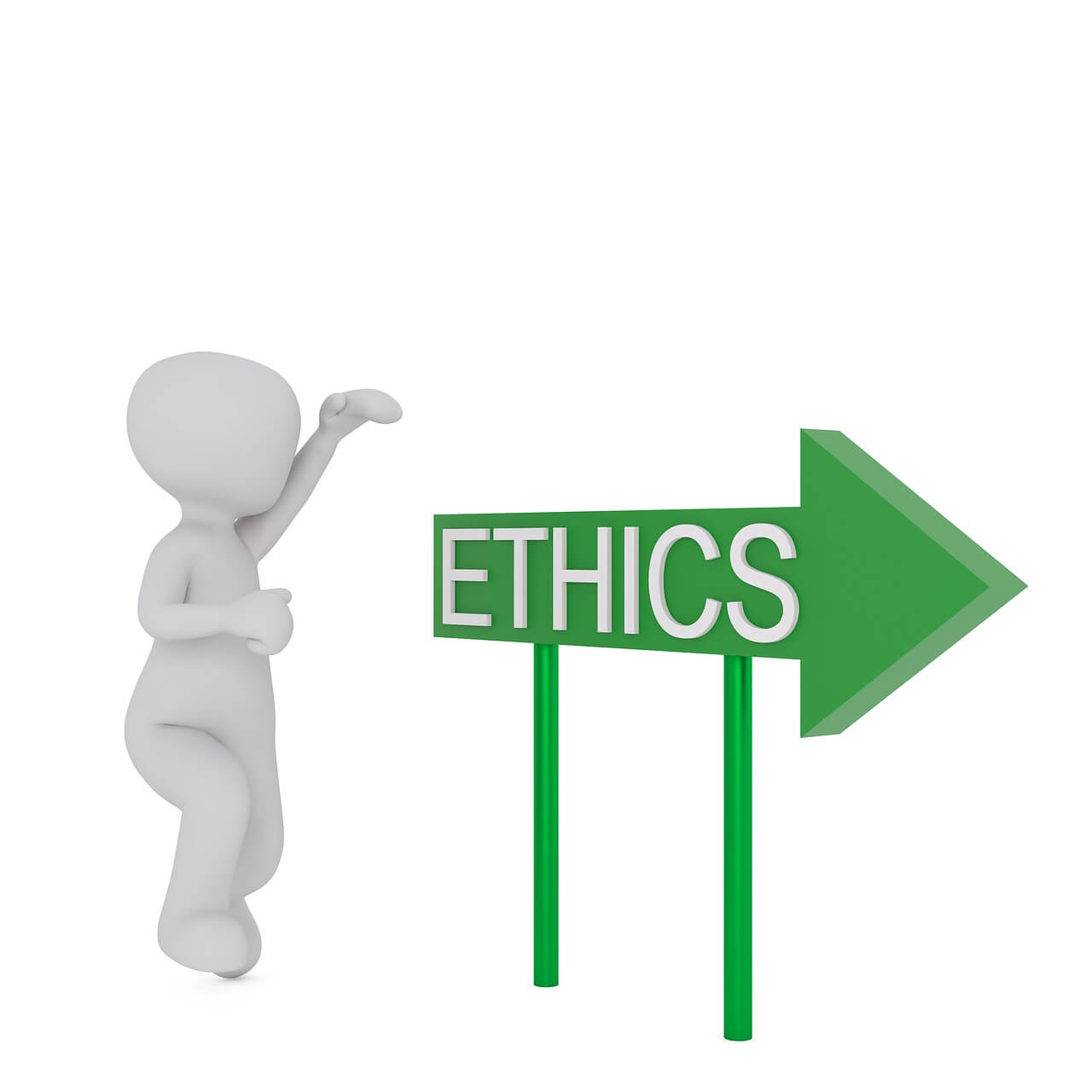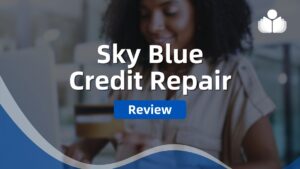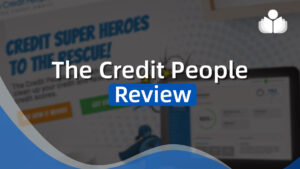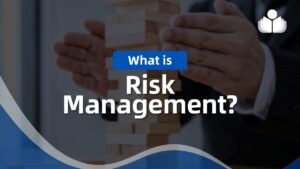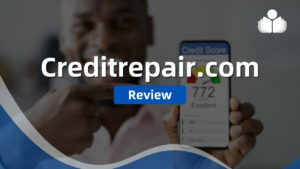A Guest Posting by Sue Smith
An issue was raised in a listserve: “As someone more used to working with the clients, I have become more and more concerned about the exploitation of clients and ‘their stories’ as fundraising tools. I am constantly being asked to ‘provide a client or two’ who are willing to be interviewed, photographed, [and] have their story shared. One part of my brain understands the necessity, and I have rarely felt the results were anything less than tasteful. But another part of me is very uncomfortable with the notion of ‘using’ our clients to get money from people.”
Susan responded:
The decision to make a gift is, above all else, an emotional one.
People don’t support agencies like yours because they like the idea of it or what it does. They support you because you have a track record in making a difference in people’s lives. They support your organization because it helps people.
How do they know that? They know because your organization takes the time to illustrate what they do by telling people’s stories.
Although we’ve all heard people say that they support an organization because they “like what it does,” what they really mean is, “We like what you do for people.”
You’ve heard it zillions of times before — people give to people. They don’t give to equipment, programs or bricks and mortar — they give to [obtain/maintain] equipment that saves people’s lives, or [to fund] programs that make the neighborhood a better place for people in which to live/work, or to [erect/renovate] buildings that will provide shelter for people, etc. etc.
Telling an appealing story about a person or family who has received support, help, and services is a powerful way to illustrate what your organization does.
If you say the same thing, but in the abstract, via the words of the Board president or Executive Director (i.e., “Our program is unique because it, blah, blah, blah…”) you’ve distanced your potential donor from a powerful experience — the actual experiences of a person who receives direct benefit. That’s what encourages people to give.
Second, by allowing your agency to use a personal story, you provide a consumer/client/patient with a good way to give something back to the agency and to help the agency do something it needs to do on an ongoing basis — raise funds.
Most clients/consumers/patients would love to have a way to help the agency that has helped them. Not all can volunteer time or give money. But many people who have received services are delighted to share their personal stories to help other people who may be in a situation similar to their own, or to help the agency that has been so helpful to them.
Of course, when we tell people’s stories and they are good enough to allow us to do so, we should be mindful of the fine line between telling a good story and exploiting a person’s misfortunes. We should also be careful not to compromise a person’s right to privacy/confidentiality.
But you shouldn’t assume that every time a PR or fund development person approaches you for [the name of] a good client to interview, or for a possible anecdote involving clients, that the request constitutes exploitation or is in some way using them.
I used to ask rehab staff, nurses, physicians, teachers, etc., in various NPO’s where I have worked as a development director to think about people who used our services and whose stories were compelling. They would come up with several suggestions and they would talk with that person on my behalf to see if they were willing to share their stories. I never had anyone say no.
In almost all cases, they allowed photos, were able to read/approve the copy I created and, for direct mail, I told the story in the first person and asked the client/consumer to sign the letter.
We had wonderful results!
=-=-=-=-=-=-=-=-=-=-=-=-=-=
Sue Smith, a long-term development practitioner and consultant,
currently serves on the staff of the Mohawk Valley Community College.
Sue can be reached at [email protected]
=-=-=-=-=-=-=-=-=-=-=-=-=-=
Have you seen
The Fundraising Series of ebooks ??
They’re easy to read, to the point, and cheap ($1.99 – $4.99) ☺
=-=-=-=-=-=-=-=-=-=-=-=-=-=
If you’re reading this on-line and you would like to comment/expand on the above, or would just like to offer your thoughts on the subject of this posting, we encourage you to “Leave a Reply” at the bottom of this page, click on the feedback link at the top of the page, or send an email to the author of this posting. If you’ve received this posting as an email, click on the email link (above) to communicate with the author.
 Sections of this topic
Sections of this topic
